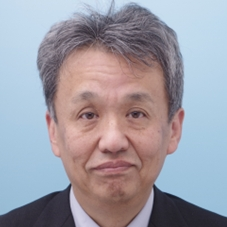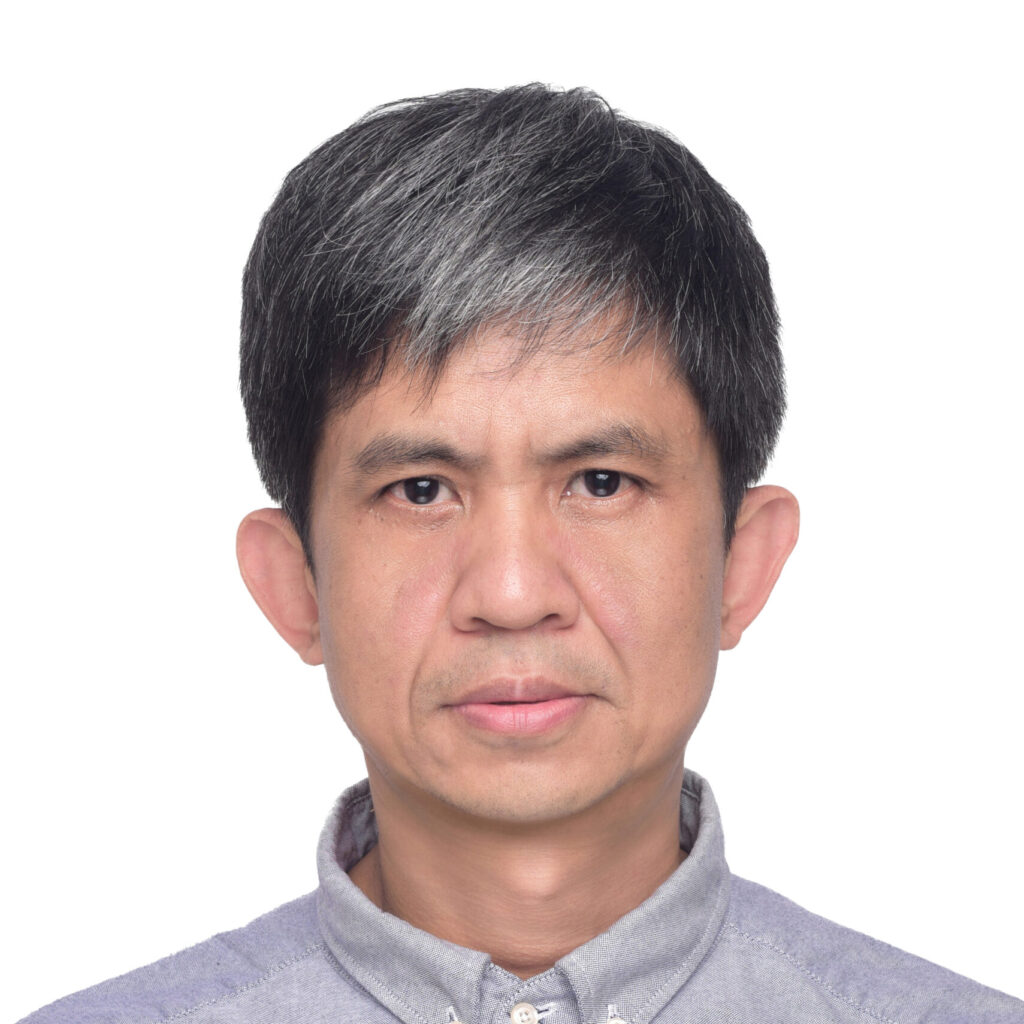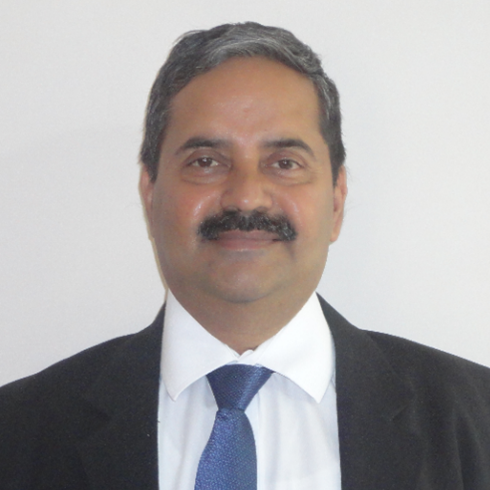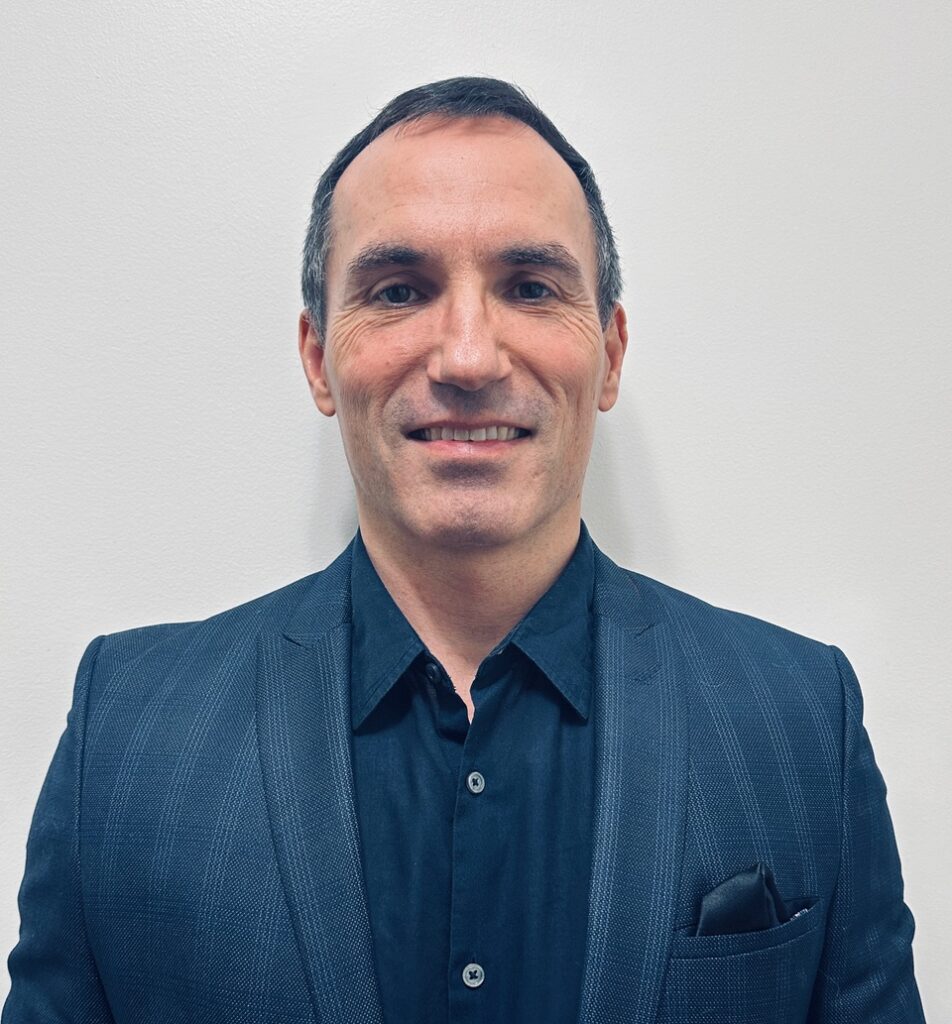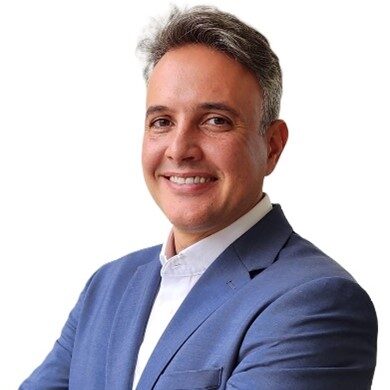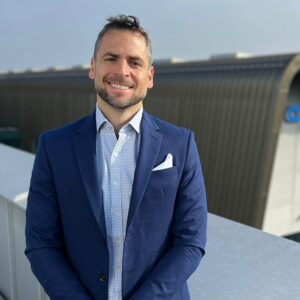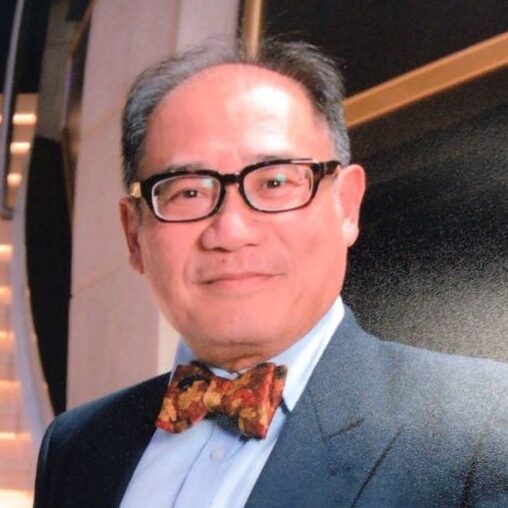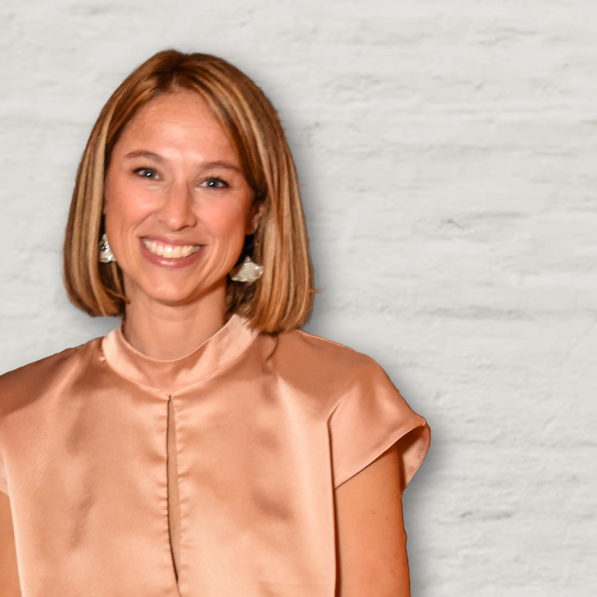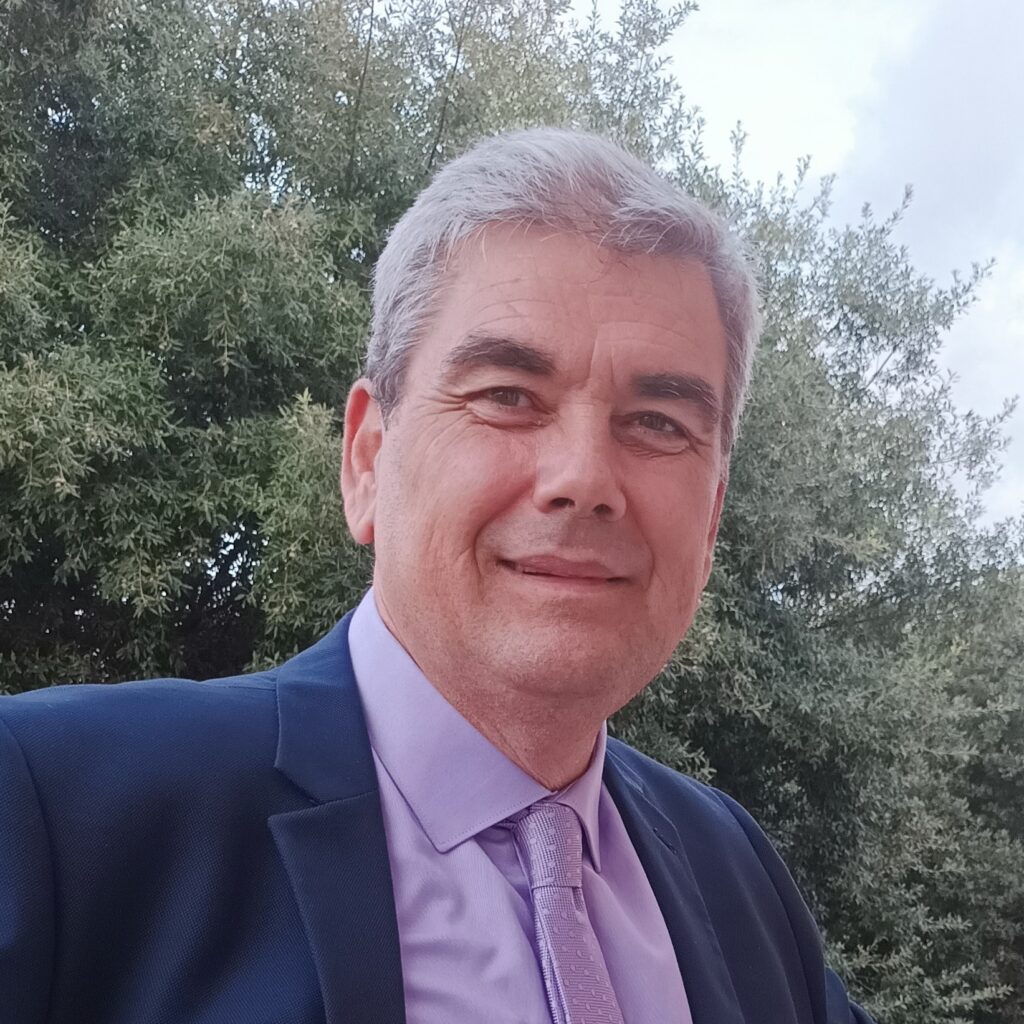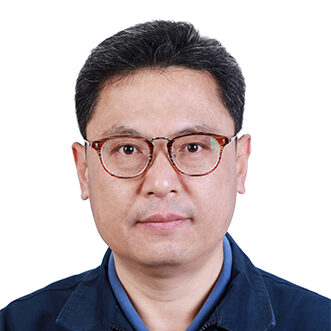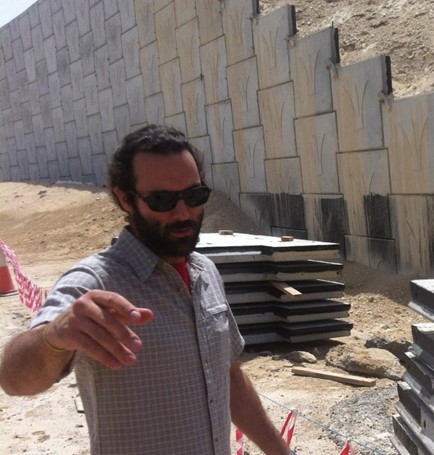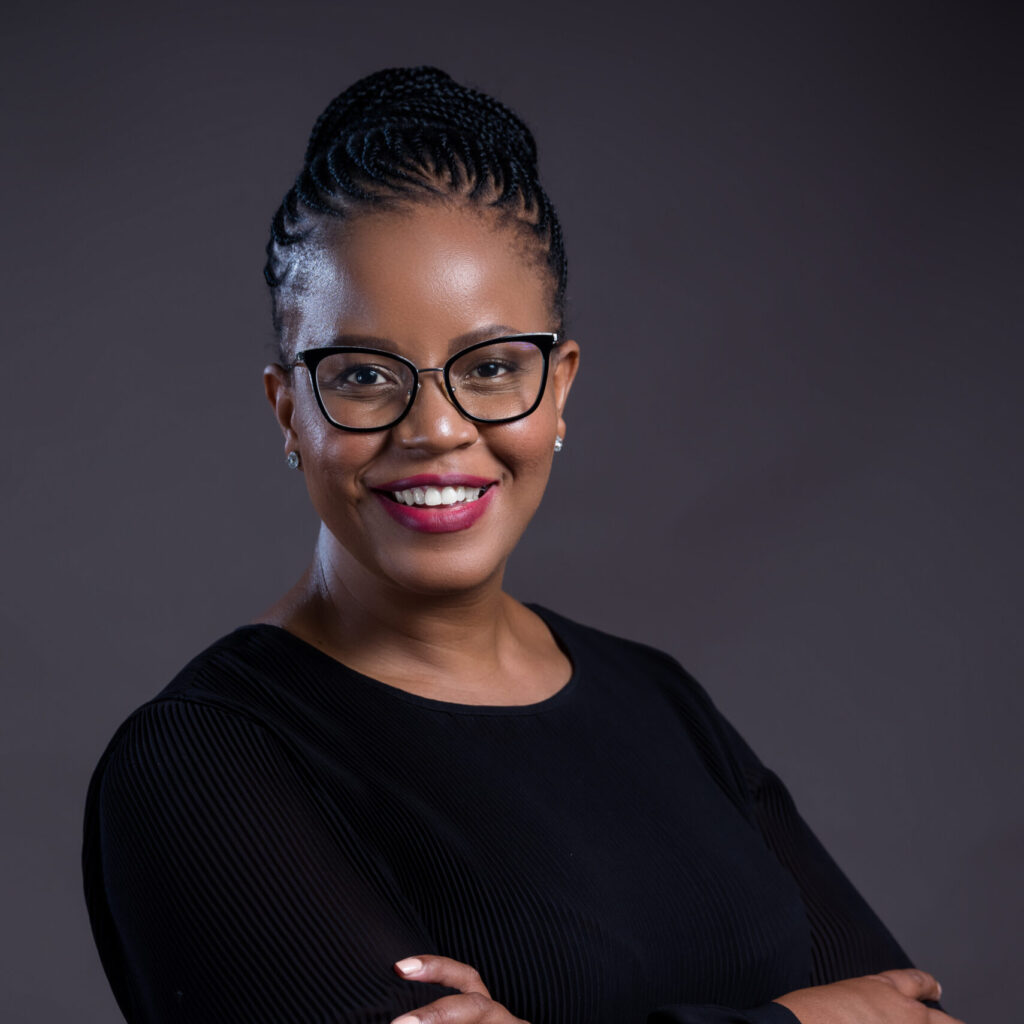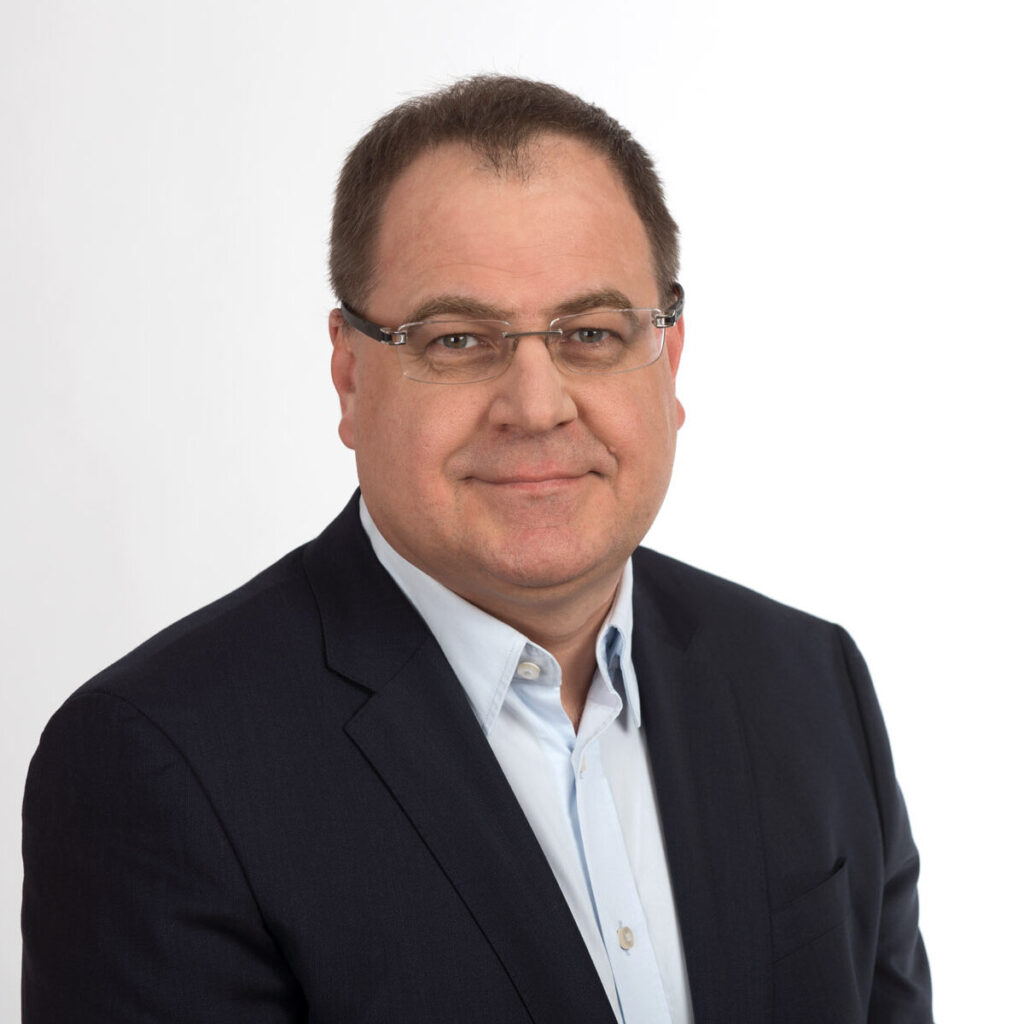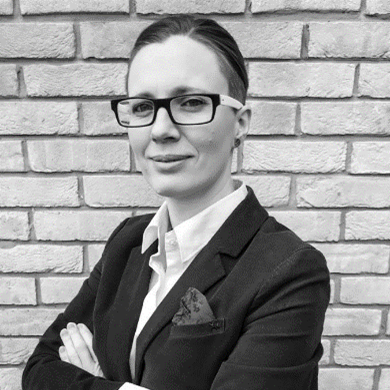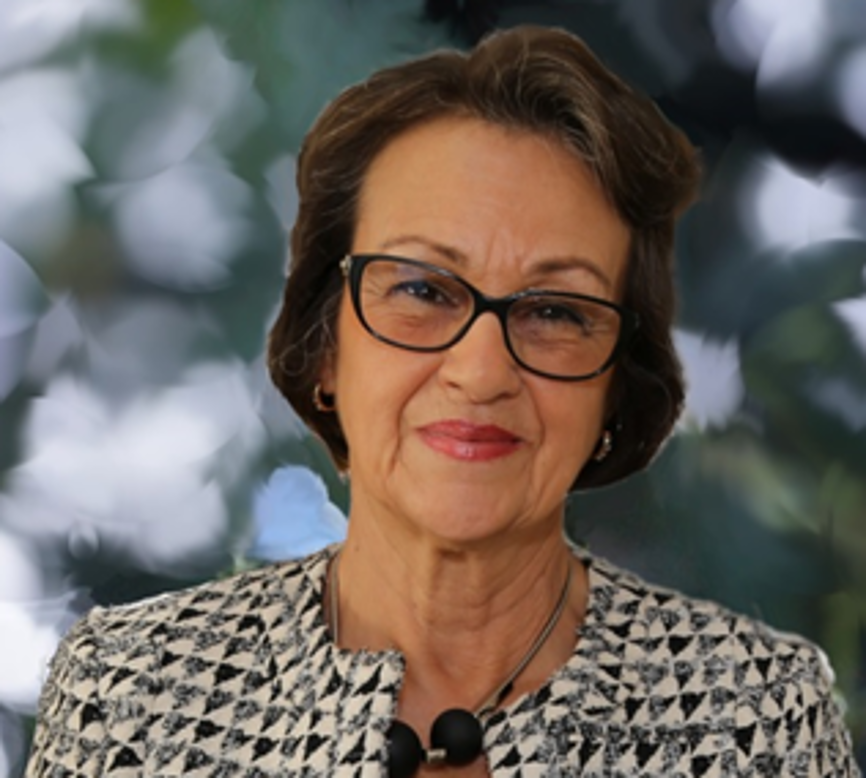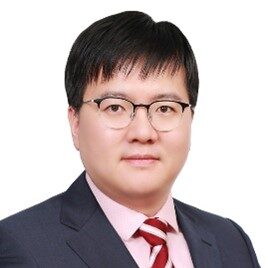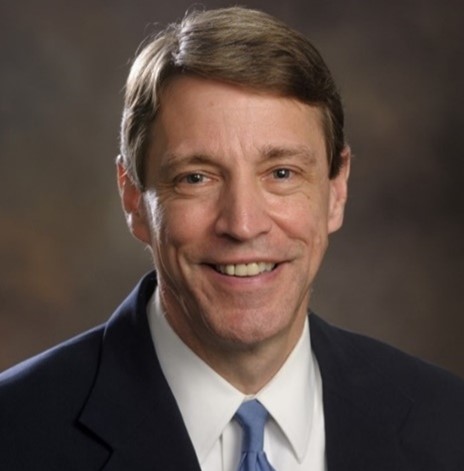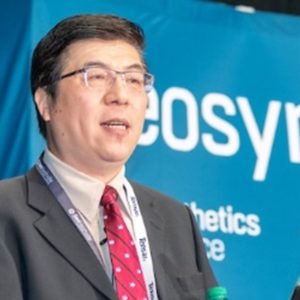
Developing a leading geosynthetics organization with engaged members on a bedrock of financial stability will be crucial for the longevity of the IGS.
Sustainability then is perhaps the most fundamental of the four strategic goals identified in the Society’s recently-released Strategy Report 2022-2026. The report, subtitled ‘Building On Firm Foundations’ sets out a bold plan of action for ensuring the IGS continues to be relevant, essential and viable far into the future.
Here, in the last of our series of articles exploring the Society’s four strategic goals, IGS Treasurer Jie Han shares the IGS’s plans to ramp up its resilience.
Hello Jie. What does ‘Sustainable’ mean and why is this important for the IGS?
‘Sustainable’ means that we secure the Society’s long term future, by ensuring that our finances are stable, and we attract and retain members worldwide. Without this we won’t deliver our strategy and we won’t be able to grow our impact. It’s important because the market for geosynthetics is growing, so we need more people in the industry – as well as regulators – to understand the benefits of geosynthetics and how to use them responsibly. All this requires resources, so we have to be sure we have these in place.
What are the challenges with this and how can the IGS become more stable?
One thing that has held us back is our heavy reliance on volunteers, almost all of whom have very busy lives and limited time to give to the IGS. We are all doing more with less. Some of our initiatives will require extensive effort over sustained periods. Others require expertise that our volunteers may not have. So if we want to move at pace, we need to invest more in external professional support, to see projects through to completion.
The recent website remodel, communications assistance and the bringing on of a part time IGS Executive Director are all examples of this and the better delivery they have contributed to. We also need to look at our pipeline of younger members, especially student members, so we can be confident that IGS Chapters continue to grow as older members retire.
What is included in the IGS’s plans to be Sustainable?
The IGS Officers want to affirm the current governance structure of Officers and Council, and make adjustments if needed, to better serve members with consideration to regional and gender diversity. We want Young Members to be better represented across all aspects of the IGS, and perhaps most crucially we must maintain the financial viability of the IGS.
How do these aims contribute to sustainability in this context?
The aims are about ensuring the long-term future of the Society. Any organization needs to have a sound financial basis to deliver the products and services it offers, and to invest in new initiatives that members value. That has to be the first priority. As the IGS activities grow and the IGS becomes more diverse, it’s right to ask whether the current financial structure is suited to delivering our current and future needs. So we are looking at that.
How will the IGS achieve these aims? What are the challenges with them?
These aims will take some time and we will work on them systematically. The most pressing aim is to achieve a sound financial basis. During recent years the IGS has been operating at a loss, living off our savings, and at current rates we will have exhausted our savings within two years. We have to do something about that now, before it becomes a crisis.
We have a firm plan to stabilise our finances for the next few years. The challenge is that we have not increased membership dues since 1984 and in that, the real value of individual dues payments has decreased by more than 65% due to inflation. At the same time, the IGS offers far more than ever before and we have plans to invest in new initiatives. In short, the IGS is doing much more with much less. We are not operating in 1984 anymore. We have no choice but to raise dues to a level that reflects our current program, at least in the short term.
How will the IGS affirm or adjust the current governance structure’?
Our President Sam Allen has convened a group of former Presidents to look at this specific issue. Their first task will be to understand the strategy and our financial model, and then to ask the right questions that will lead to ideas for change. But we won’t change for the sake of it. If something is working well now, and is suited well to our strategy, we will keep it. But any periodic review will always identify useful improvements – whether that’s streamlining our processes or adding checks and balances. Whatever emerges will need approval by the Council as the membership’s elected representatives.
How will the IGS create a mechanism for better representation of Young Members?
The President’s exercise to review our governance structure will be one opportunity. In addition, as we implement our operational plans, the IGS will ensure that all actions are taken so that the outcome will lead to better Young Member representation. And clearly, we will work closely with the Young Members Committee on this. Something we can all do straightaway is to ensure more students and Young Members can attend our conferences, where their voices will be heard, and we will be making travel bursaries available for this.
How will the IGS measure sustainability?
We are all working on this. We first of all need to identify what’s realistic and appropriate. The priority is to ensure that member dues reflect our costs. We have modelled this, discussed it with Council and we are now talking to each of the Regional Committees and our Corporate member community. These consultations allow us to settle on a figure and we will be sharing this with members in good time for the General Assembly in Rome in September.
We already know that members are getting more involved in voting: the latest Council elections attracted more candidates than ever before, and the highest ever voter turnout. We achieved this by running a professionally organised election, with the help of external contracted experts. We need to find ways to gauge member satisfaction levels, for example through a membership survey. We could for example survey members at the same time that we ask them to vote in Council elections. Across all of these measures, the sensible approach is to identify industry benchmarks to assess ourselves against.
What would signal to you that the IGS is sustainable in 2026?
We would have a clear and agreed financial and organisational model that allows us to confidently plan to deliver all the commitments in our strategy.
How does the ‘Sustainable’ goal interact with the other overall goals?
Ultimately it’s about creating the foundations we need to deliver on our goals: having the right resources, an efficient delivery model, and the necessary checks and balances to ensure our members and wider stakeholders have confidence in us.
How can members support these aims?
We need all Chapter and Committee leaders to help us get the word out about the strategy and to be advocates for the changes we are making – even where these might not be immediately popular. All members can read the strategy and feed in ideas at any time.
Importantly, we invite all IGS members to attend the 12th International Conference on Geosynthetics in Rome on September 17-21, this year and attend the very important IGS General Assembly meeting on Sept. 20 where these proposals will be voted on.
+++ Discover more about the IGS’s strategic aims by reading the ‘Strategy 2022-2026 Building On Firm Foundations’ report here. If you have any questions or would like more information, contact IGS Executive Director John Kraus at john.kraus@geosyntheticssociety.org.
+++ Catch up on previous articles in the series. Read more about IGS goals of being Influential, Trusted and Representative.






